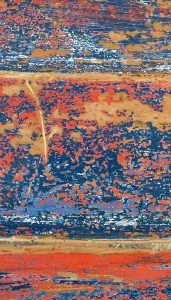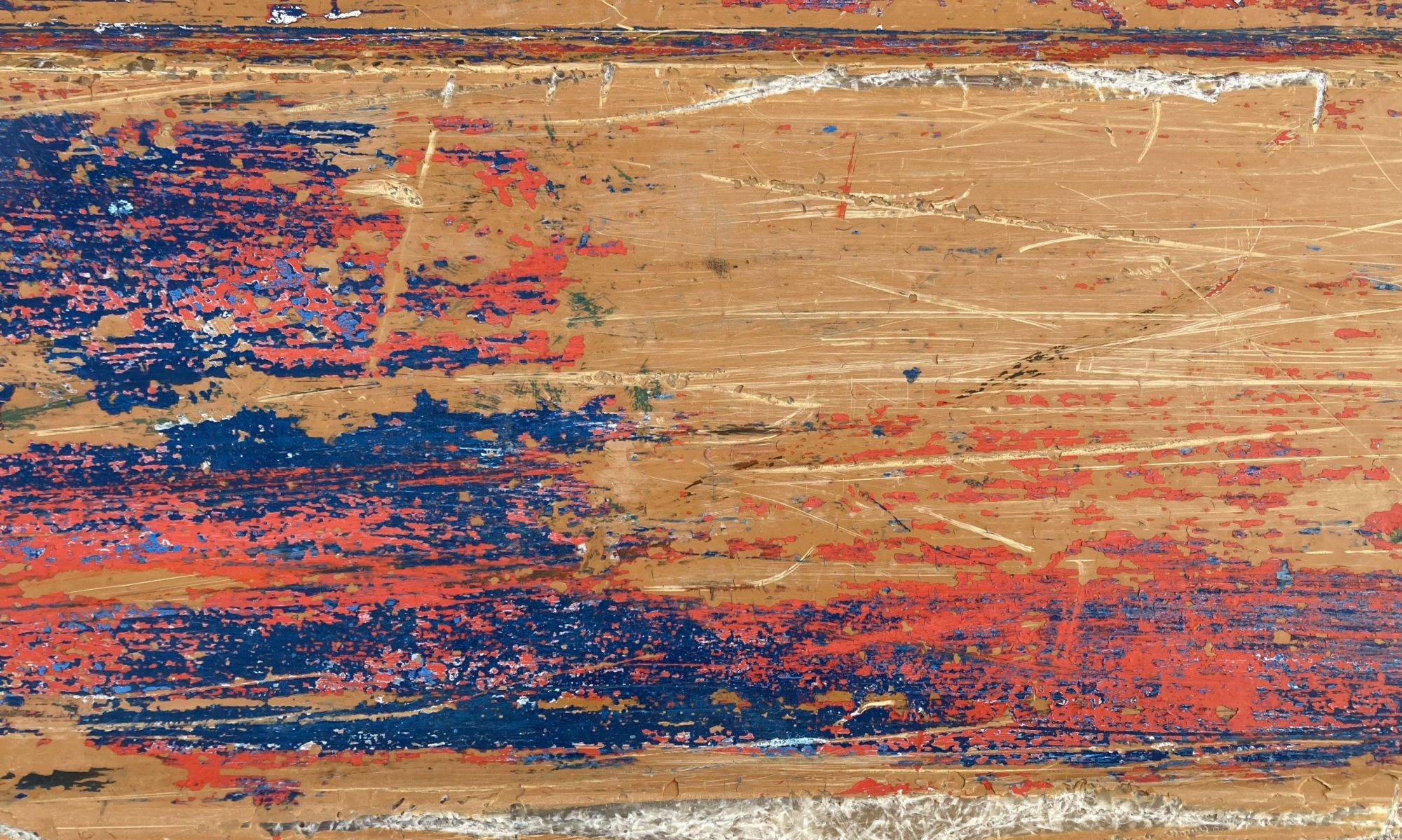 Anthropocene, “the time of man”, is a proposal for a new geological age. Its designation is based on the fact that human activities such as agriculture, industrialisation and nuclear experiments have left permanent traces in the earth’s crust and atmosphere (Crutzen & Stoermer, 2000). Over the last decades, the concept of Anthropocene has gathered scholars across disciplines to discuss the relationship between human and the environment from new perspectives (Haraway et al., 2016; Lorimer, 2017). Anthropocene is also a controversial concept with problems. Critics have pointed out that the era, named after man, recenters the human and leaves a false impression that mankind is unitary, whereas the causes and consequences of environmental crises in fact are unequal and heterogeneous. Changes in the environment also have their roots in historical processes, such as the exploitation of natural resources and indigenous peoples related to colonialism and capitalism (Colebrook, 2018; Parikka, 2014; Yusoff, 2018).
Anthropocene, “the time of man”, is a proposal for a new geological age. Its designation is based on the fact that human activities such as agriculture, industrialisation and nuclear experiments have left permanent traces in the earth’s crust and atmosphere (Crutzen & Stoermer, 2000). Over the last decades, the concept of Anthropocene has gathered scholars across disciplines to discuss the relationship between human and the environment from new perspectives (Haraway et al., 2016; Lorimer, 2017). Anthropocene is also a controversial concept with problems. Critics have pointed out that the era, named after man, recenters the human and leaves a false impression that mankind is unitary, whereas the causes and consequences of environmental crises in fact are unequal and heterogeneous. Changes in the environment also have their roots in historical processes, such as the exploitation of natural resources and indigenous peoples related to colonialism and capitalism (Colebrook, 2018; Parikka, 2014; Yusoff, 2018).
For our research, the importance of the concept of Anthropocene lies in the opportunity to reconsider human entanglement with the planet and redefine our understanding of the world. Anthropocene challenges the assumptions of human individuals as autonomous actors separate from their environments, and that nonhuman nature is a resource available for human needs (Haraway et al., 2016). In this project, we study childhood and youth asking, what it is like for them to live in the Anthropocene. How does living in the environmental crises evoke atmospheres and feelings and new understandings concerning their connections with other species and the rest of the nature?
Literature:
Colebrook, C. (2016). “‘A grandiose time of coexistence’: Stratigraphy of the Anthropocene.” Deleuze Studies, 10(4), 440–454.
Crutzen P.J., & Stoermer, E.F. (2000). The ‘Anthropocene’. Global Change Newsletter 41, 17–18.
Lorimer, J. (2017). The Anthropo-scene: A guide for the perplexed. Social Studies of Science, 47(1), 117–142. https://doi.org/10.1177/0306312716671039
Haraway, D., Ishikawa, N., Gilbert, S. F., Olwig, K., Tsing, A.L., & Bubandt, N. (2016). Anthropologists are talking – About the Anthropocene. Ethnos, 8(3), 535–564. https://doi.org/10.1080/00141844.2015.1105838
Parikka, J. (2014). The anthrobscene. University of Minnesota Press.
Yusoff, K. (2018). Politics of the Anthropocene: Formations of the commons as a geologic process. Antipode, 50(1), 255–276. https://doi.org/10.1111/anti.12334
